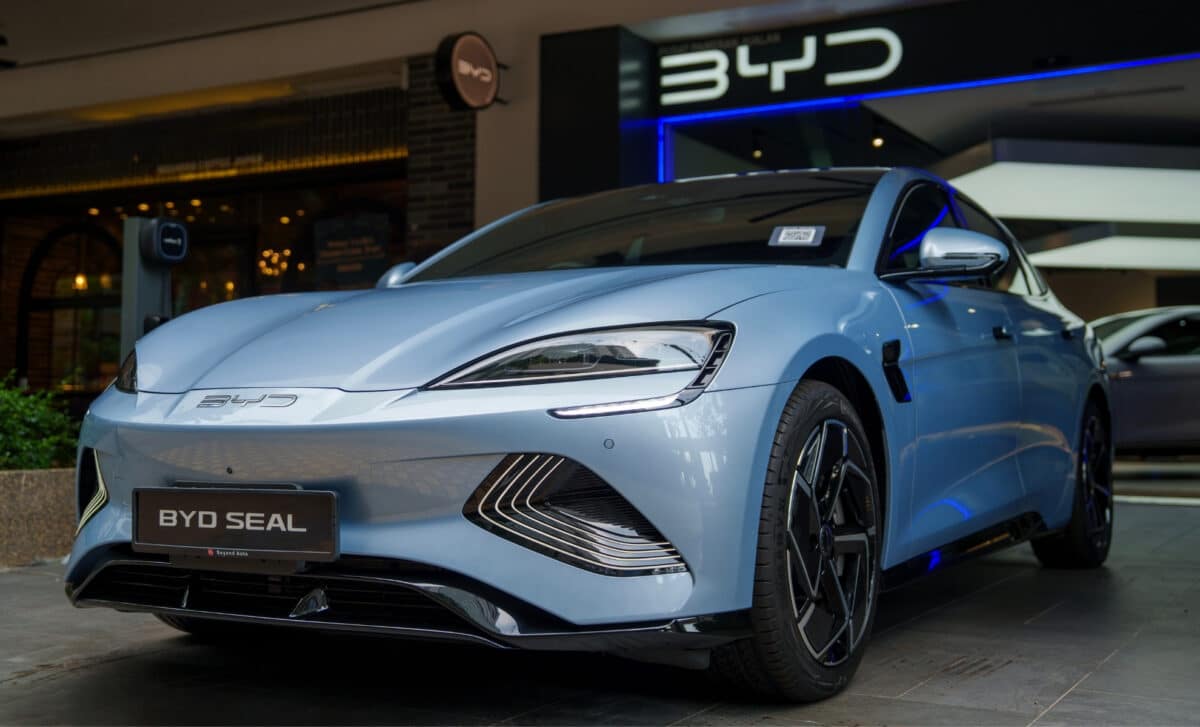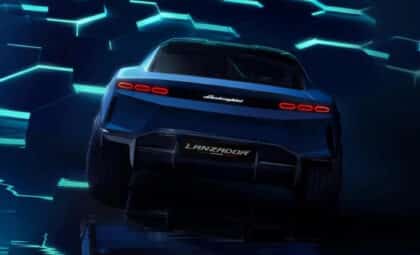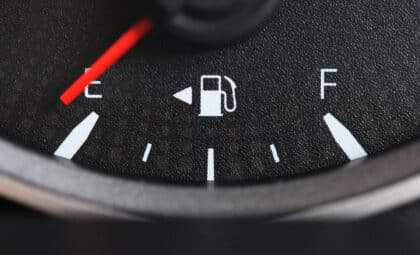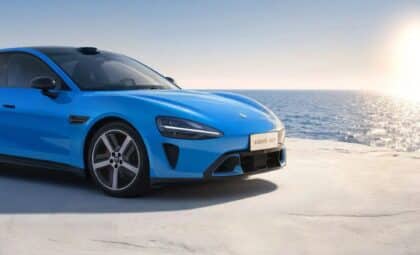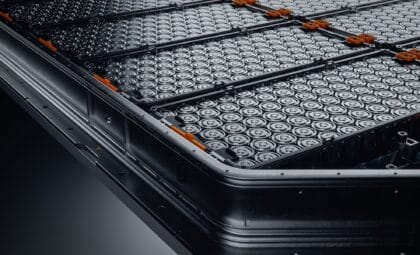This move comes as part of a broader strategy to address the challenges of quality and after-sales service that have long been a concern for Chinese car brands in international markets, especially in Europe. The new regulations are expected to shape the future of Chinese-made vehicles on the global stage, aiming to reassure international buyers and avoid the pitfalls that have impacted Chinese vehicles in the past.
While Chinese electric vehicles have seen rapid advancements in design and technology, they still face scrutiny regarding their reliability and after-sales support. Consumer complaints about delays in repairs, long waits for spare parts, and inconsistent service have contributed to a perception of poor quality.
This has particularly affected well-known models like the MG4, leading to increased dissatisfaction among European customers. In response, the Chinese government has introduced a regulatory framework to ensure that only automakers who meet higher standards can export their cars, with a clear focus on improving service after the sale.
Improving After-Sales Service
One of the most significant hurdles for Chinese EV manufacturers has been their after-sales service, which has been described as inadequate in key international markets. According to L’Automobile Magazine, MG, one of the more prominent Chinese car brands in Europe, has faced criticism for its service delays.
Specifically, owners of the MG4 have complained about extended wait times for spare parts, leading to long vehicle downtime. This issue has not only frustrated customers but has also hurt the brand’s reputation in a competitive market where consumers expect quick and reliable after-sales service.
The new policy will require automakers to address these shortcomings by ensuring better availability of spare parts and faster repair times. This is a significant step toward building consumer trust, as Chinese automakers will now be held accountable for providing the necessary support during the warranty period, which typically lasts two years in most markets.
By enforcing these stricter requirements, the government hopes to reduce the incidents of customers being left without adequate service, ensuring a smoother ownership experience for international buyers.
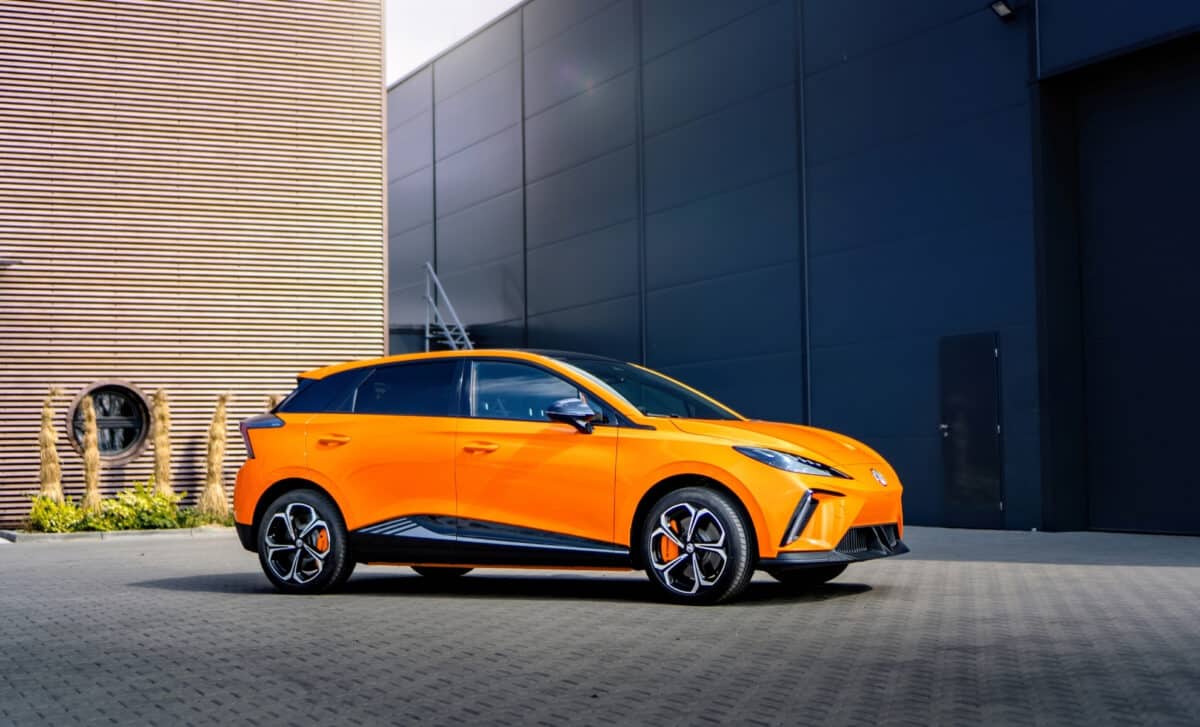
License Requirement for Exporters
Starting in 2026, the export license will become a mandatory requirement for all Chinese manufacturers wishing to sell electric cars abroad. This policy expands upon previous regulations, which already mandated export licenses for vehicles with internal combustion engines or hybrids.
Under the new rules, only authorized manufacturers and their approved representatives will be able to apply for these licenses, ensuring that exported vehicles are accompanied by official after-sales support, including access to replacement parts and repair services.
The introduction of this export license system is a key element of China’s strategy to control the quality of vehicles sold overseas and ensure that only those manufacturers who can meet international standards for both vehicle performance and customer service are allowed to compete.
As a result, this regulation is expected to reduce the number of low-quality vehicles, often sold by unauthorized exporters, from entering international markets, particularly in Europe, where demand for Chinese electric vehicles is growing.
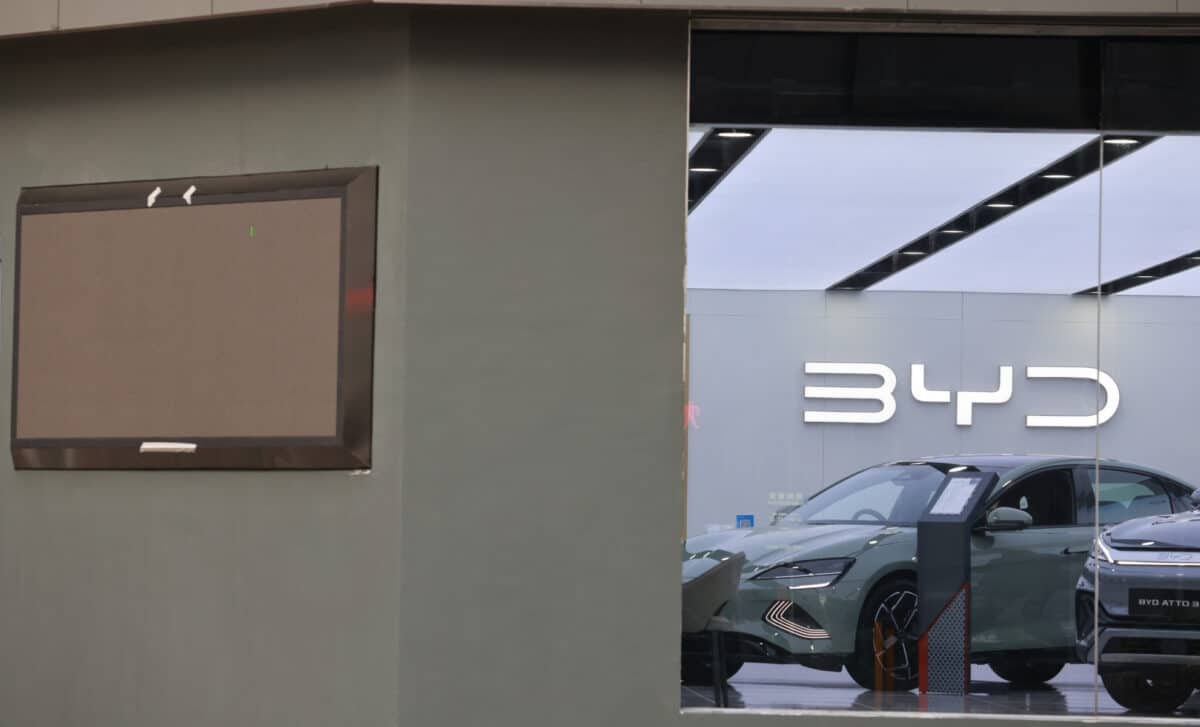
Ensuring Quality and Protecting Local Brands
The export license requirement is not only about improving service but also about ensuring that Chinese electric vehicles meet a higher level of quality before being sold overseas. By introducing these new regulations, the Chinese government aims to prevent a race to the bottom in terms of pricing, where low-cost, low-quality vehicles flood international markets. The government’s goal is to protect its most reputable brands, like BYD, which are investing heavily in expanding their presence in Europe.
BYD, a leading Chinese EV manufacturer, is set to open new factories in Hungary and Turkey, marking a significant step in its European expansion. The company’s growth in the European market hinges on the ability to deliver high-quality vehicles that meet consumer expectations. By enforcing stricter export controls, China seeks to ensure that brands like BYD are not undermined by cheaper, substandard vehicles from lesser-known manufacturers.
This regulation is designed to safeguard the interests of the largest and most successful Chinese carmakers, ensuring that they can continue to grow and compete internationally without being disadvantaged by low-quality competition.
In addition to protecting local brands, the new policy is also seen as a way to improve the overall image of Chinese-made cars. By addressing both the quality of the vehicles and the reliability of after-sales support, the government aims to position Chinese EV manufacturers as credible and competitive players on the global stage, particularly in Europe where consumers have high expectations for automotive quality and service.

